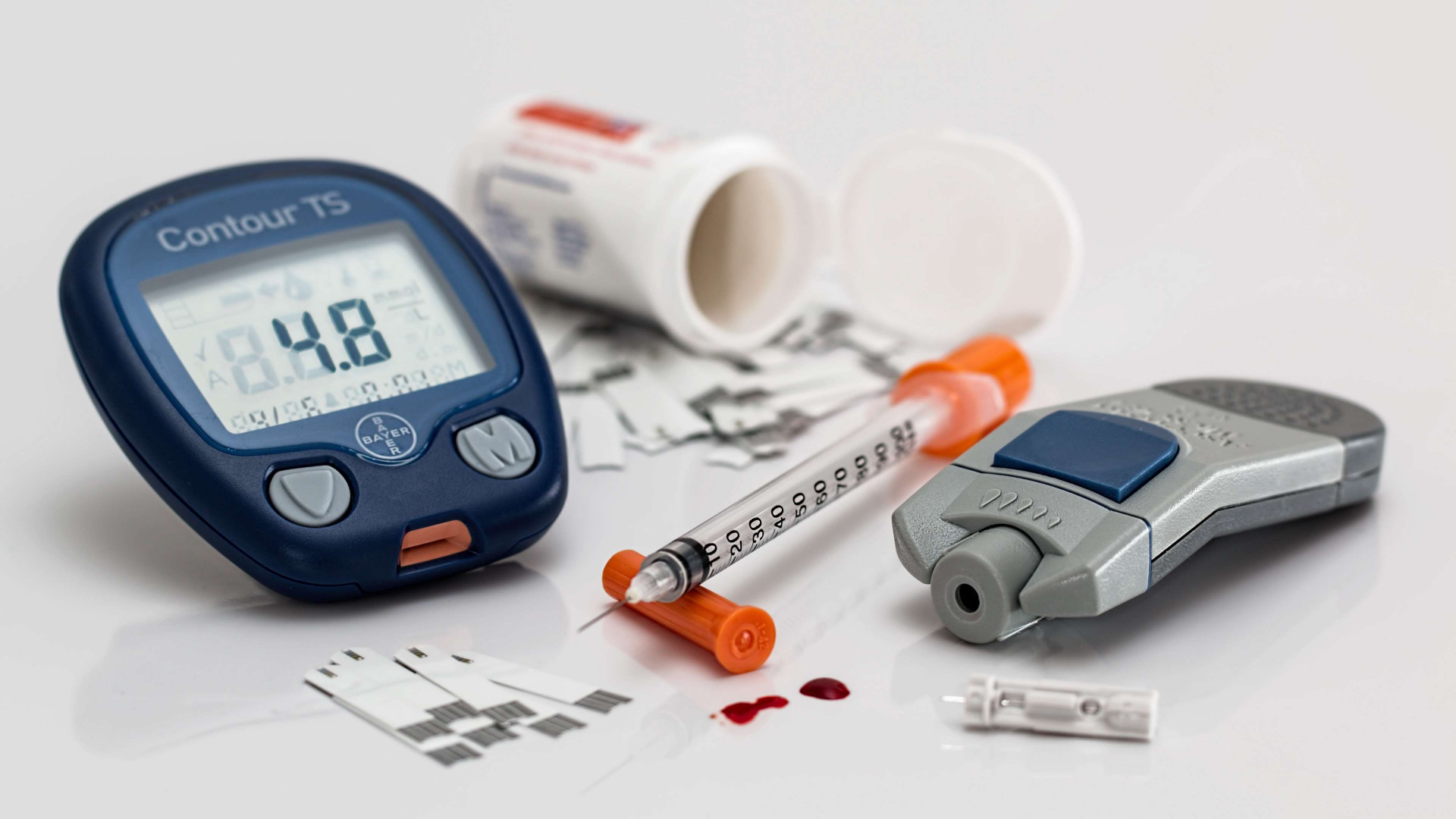Niacin treatment appears to raise blood glucose and lower insulin resistance temporarily, according to new Duke University research. In a large, randomized, and controlled clinical trial, 942 patients were assigned to either receive ezetimibe/simvastatin alone or with extended release niacin. There were 28 newly diagnosed cases of diabetes during the first 24 weeks of treatment, with 25 in the niacin group. At the end of 64 months of treatment, the difference between the two groups was “only marginally higher” in the niacin group. "Health care providers may decide to stop niacin on the basis of elevated glucose, despite the usefulness of niacin in improving the lipid profile," says lead author John Guyton. Yet the new data show "the risk for new-onset diabetes with niacin use is less than previously thought. Even when fasting glucose rises above 125 mg/dL after starting niacin, it may decline over the next few months without specific treatment." The research suggests that niacin is a safe option for patients with dyslipidemia, whether they have or are at risk of developing diabetes, after weighing the potential risks and benefits and monitoring glucose levels regularly.
Risk of New-Onset Diabetes With Niacin Less Than Previously Thought: Study





